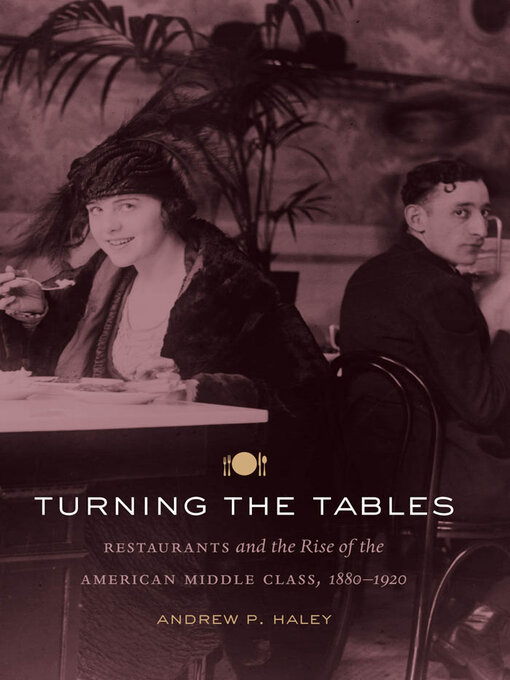- Available now
- New eBook additions
- New kids additions
- New teen additions
- Most popular
- Try something different
- Dining Al Fresco
- See all
- New audiobook additions
- Family Road Trip Audiobooks
- Available now
- New kids additions
- New teen additions
- Most popular
- Try something different
- Family Reading Time
- Listen Up: Great Narrators
- See all
- Let's Get Cooking!
- Celebrity Magazines
- News and Politics
- Lifestyle Magazines
- All Magazines
- Popular Magazines
- See all

